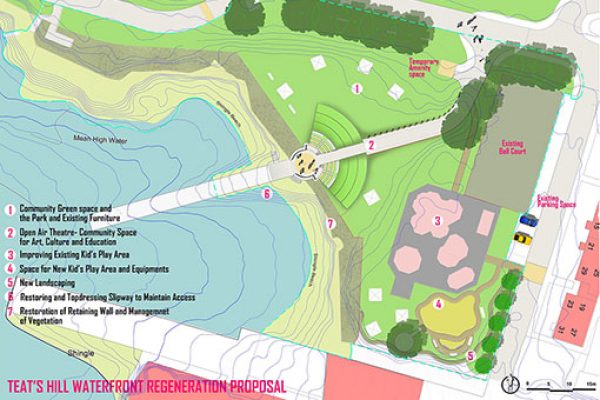Government plan boosts use of blue spaces
The use of blue spaces for health was given a big lift last week, as the UK’s Department for Environment, Food and Rural Affairs (Defra) launched their 25 year Environment Plan.
This is a significant development for BlueHealth, demonstrating the importance of our international research and focusing attention on how we use green and blue spaces for health and wellbeing.
The 25 year Environment Plan sets out the priority areas for government action on the environment in the UK. This features a range of targets, including reducing air pollution and helping to improve biodiversity. In particular, there are several goals relevant for improving the quality of blue spaces:
- Reversing the loss of marine biodiversity and, where practicable, restoring it;
- Increasing the proportion of protected and well-managed seas, and better managing existing protected areas;
- Making sure there are high quality, accessible, natural spaces close to where people live and work, particularly in urban areas;
- Encouraging more people to spend time in these natural spaces to benefit their health and wellbeing.
Research conducted by members of the BlueHealth team was heavily cited in evidence notes on the benefits of natural environments for health (e.g. http://bit.ly/2mJIhzd), work that supported the development of the 25 year Environment Plan.
It is wonderful to see the research we have contributed leading to real policy actions. From systematic reviews of the evidence, to studies valuing the impacts of natural environments on wellbeing, we are just starting to understand the potential health benefits of improving access to, and the quality of, blue spaces. Other examples featured in the Plan include the development of the England Coast Path and work by the Canal and River Trust.
By developing a rigorous evidence base, the ongoing work of BlueHealth will help to further support the implementation of the 25 year Environment Plan. Interventions such as our urban beach regeneration in Plymouth, UK, are likely to gain increased attention as a result of the growing importance given to the use of blue (and green) spaces for health.
As pressures on health services rise, the contribution of BlueHealth will be vital in supporting an evidence base which can inform policy decisions and improve population health.




